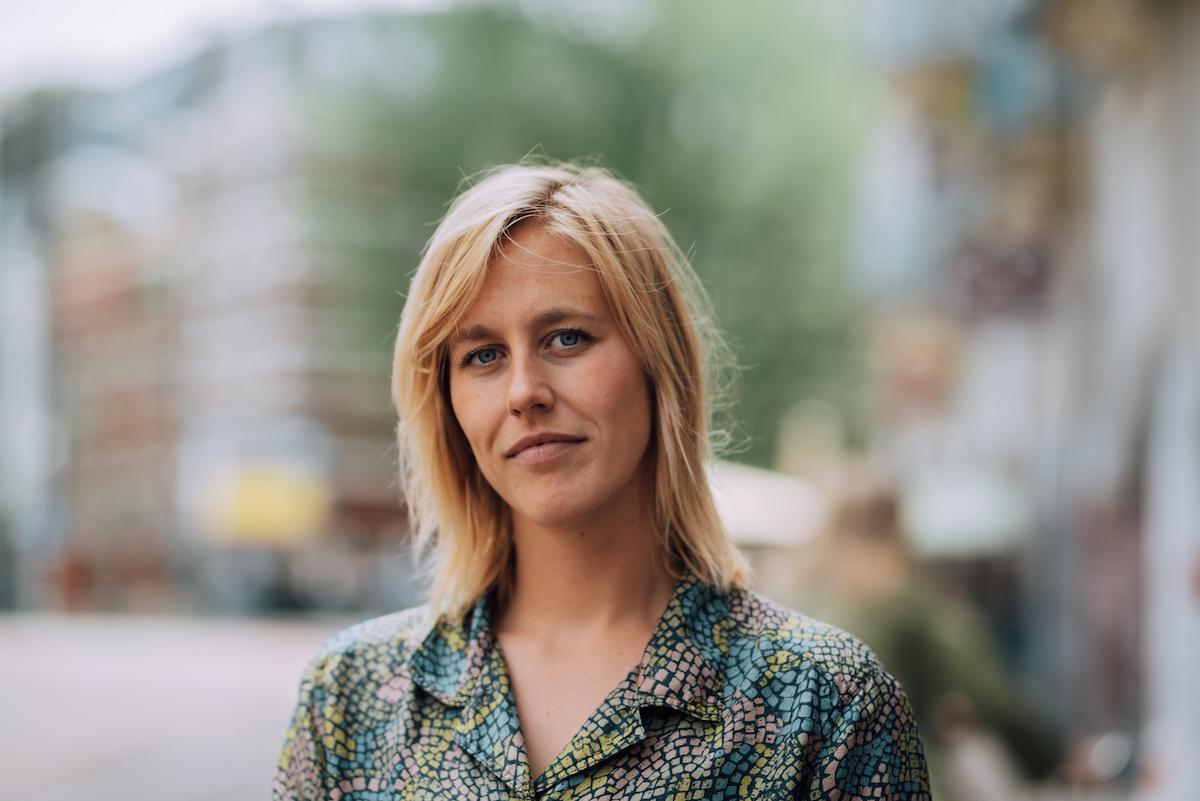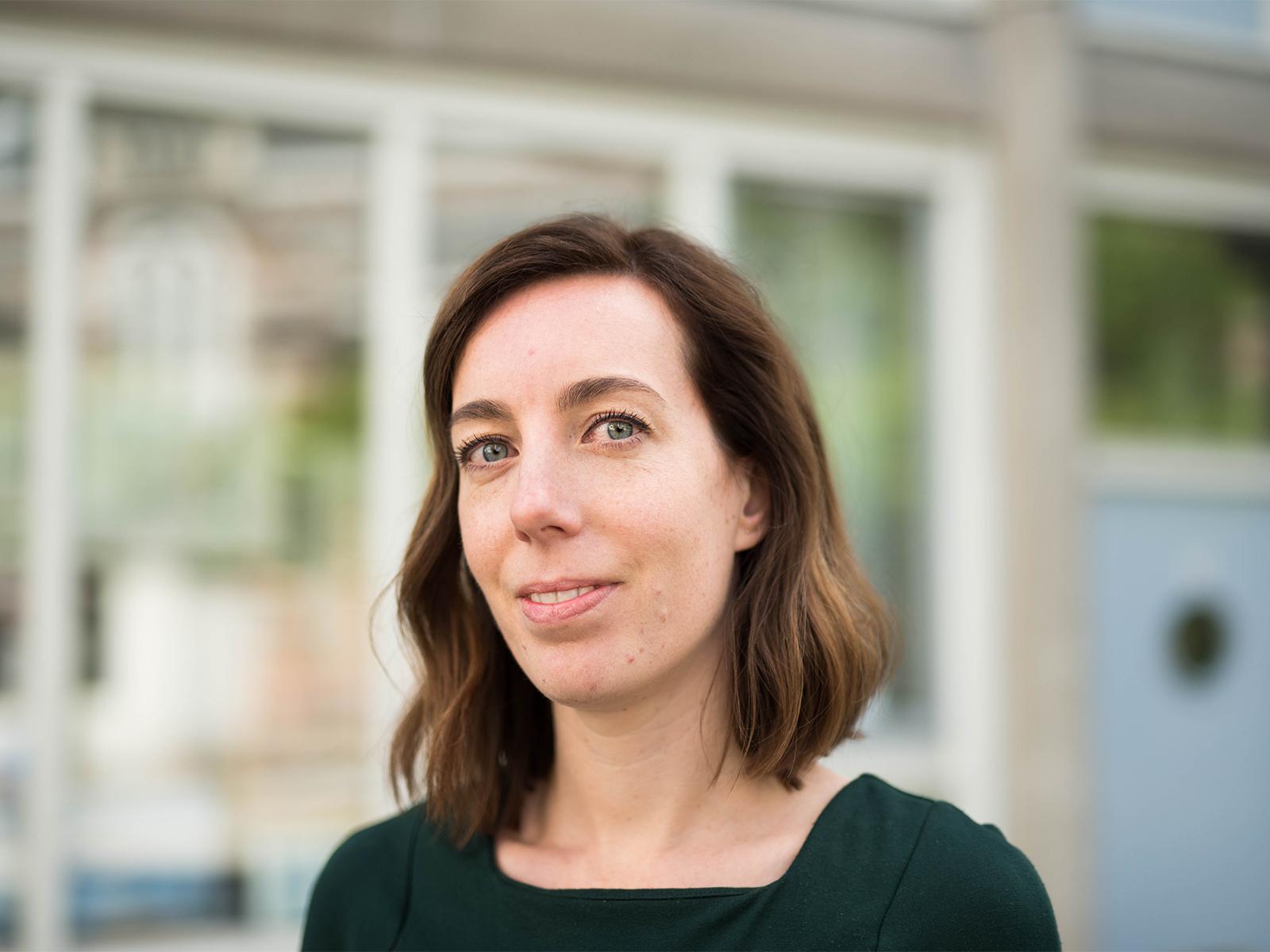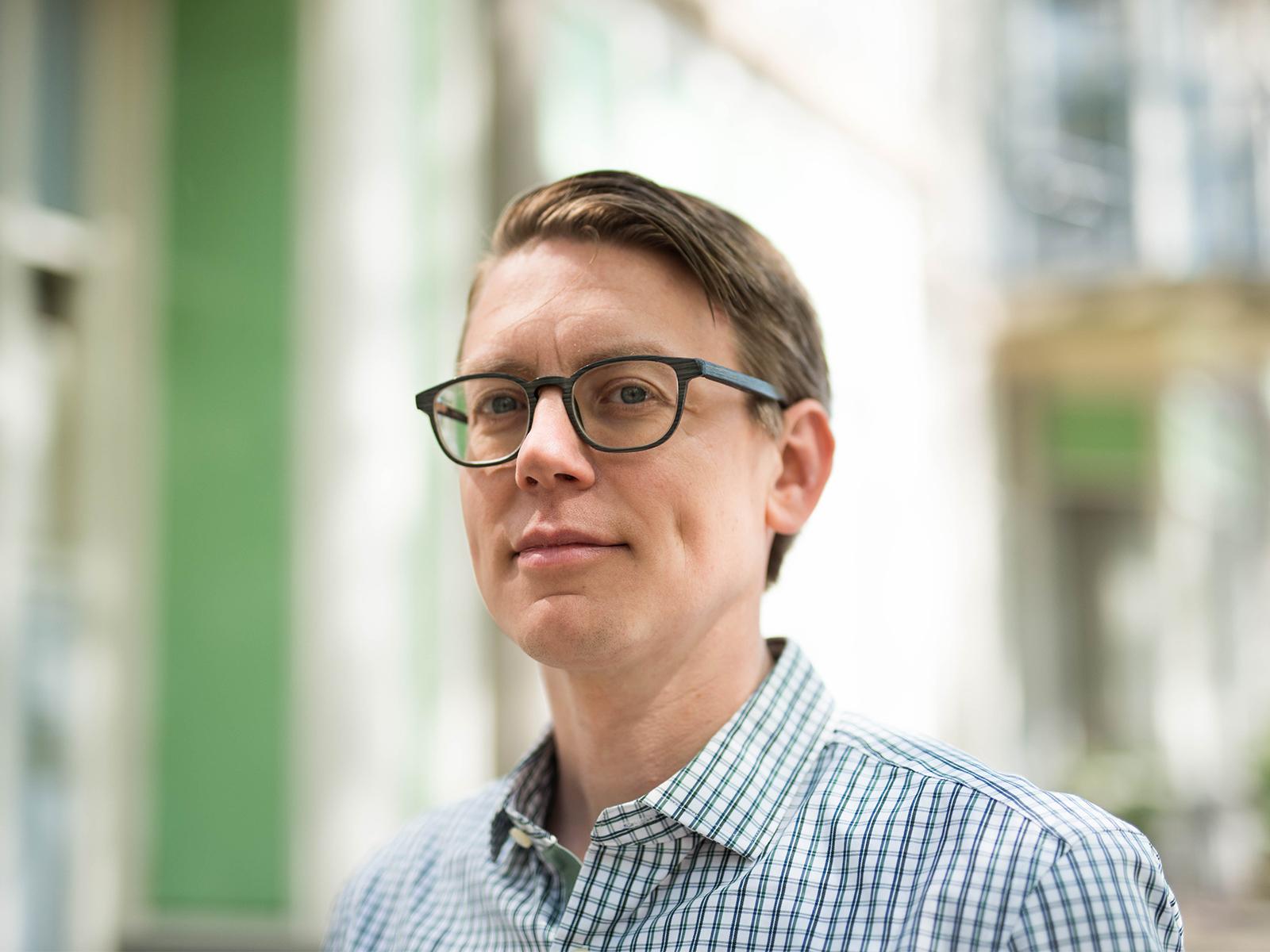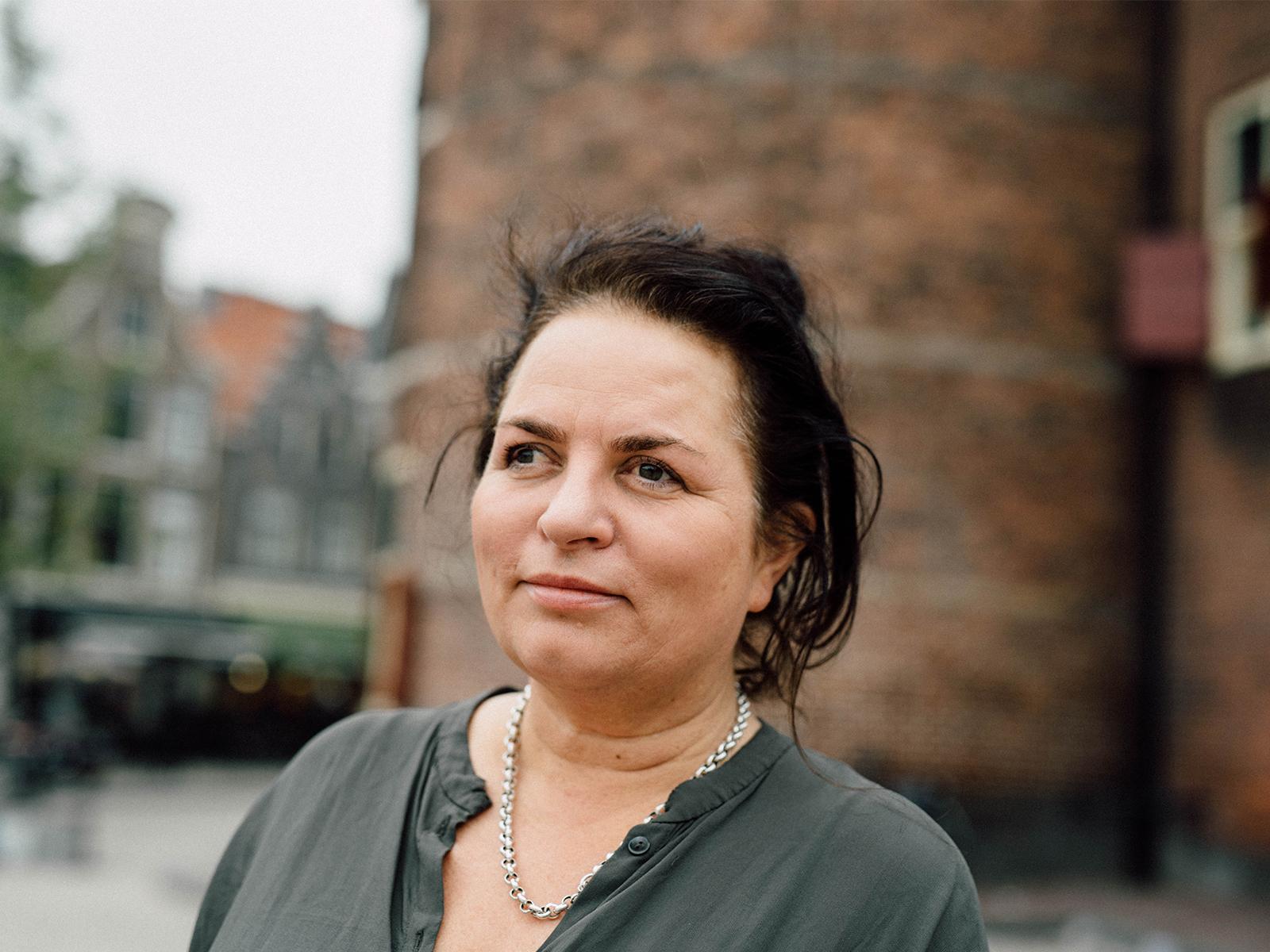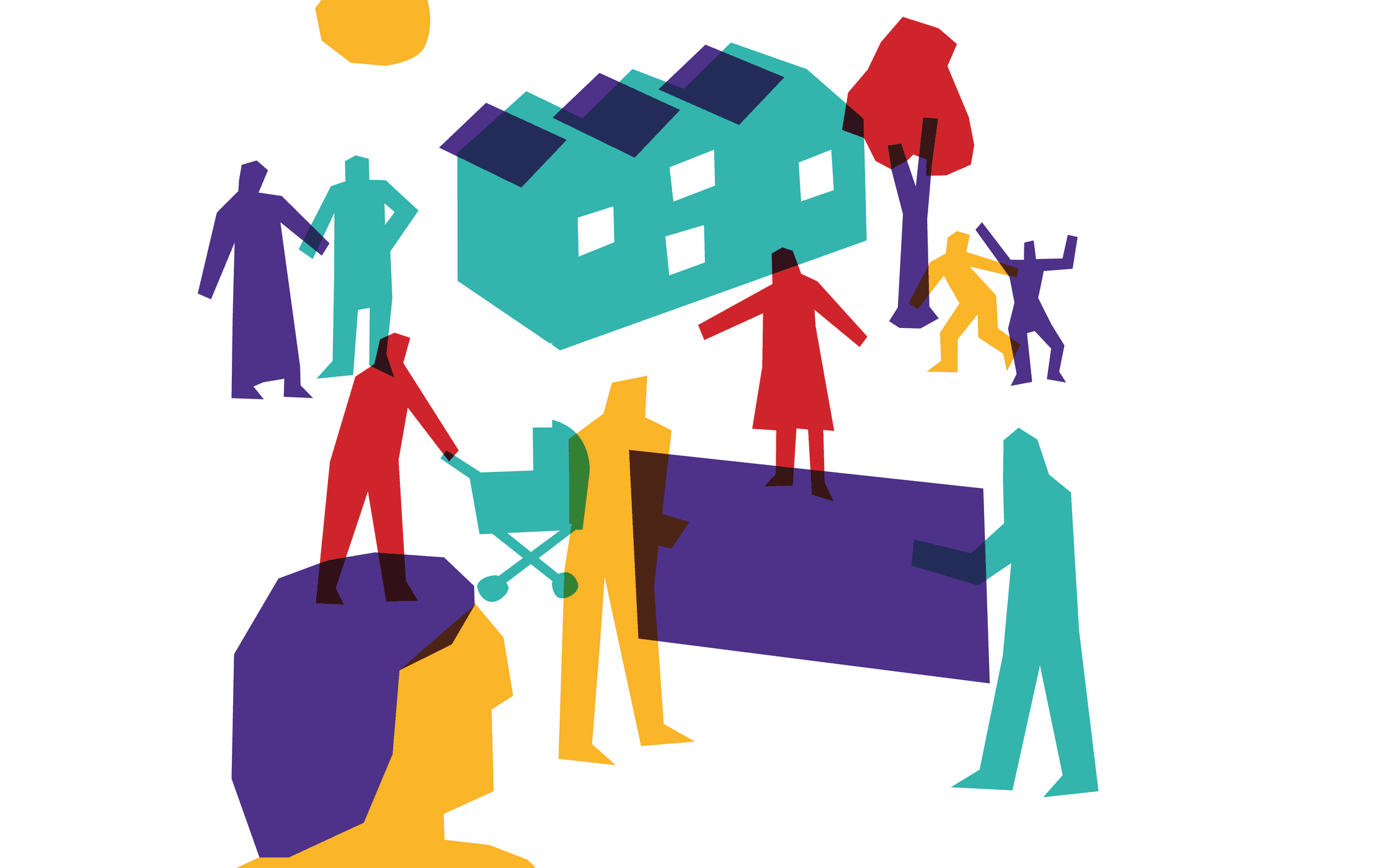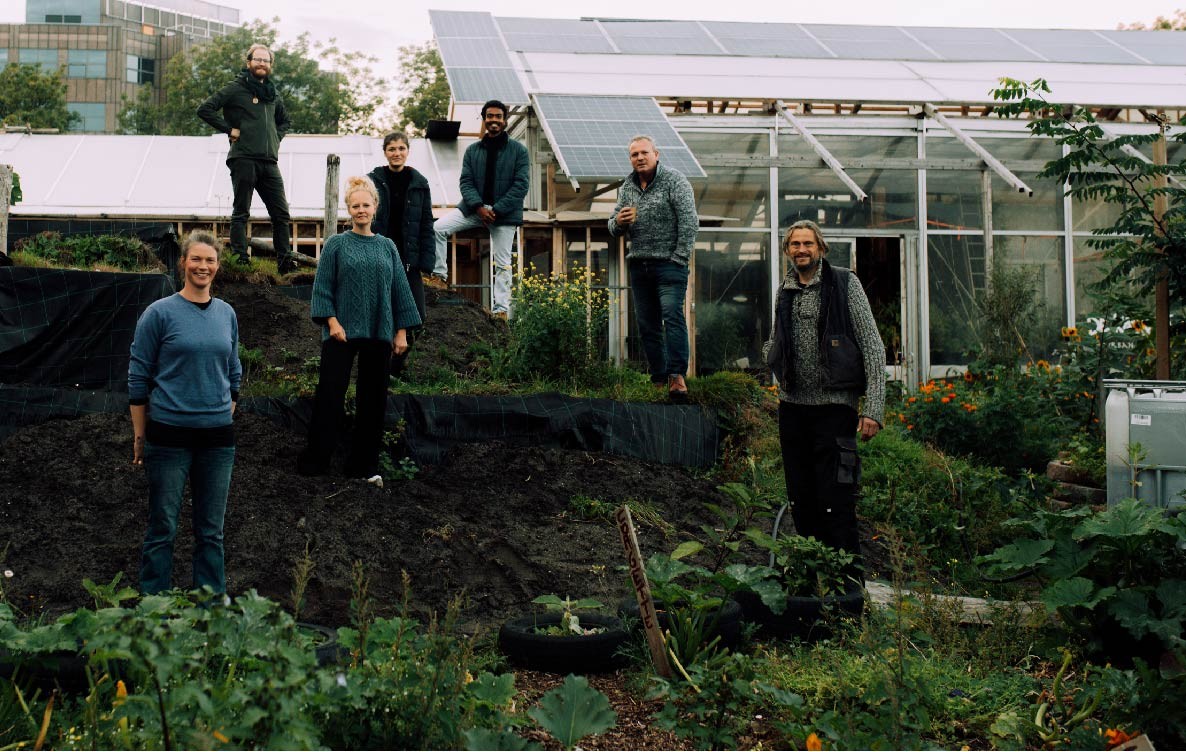
Social Initiative in the Energy Transition
Civil society initiatives can make a major contribution to the climate goals of the Netherlands. Unfortunately, with current rules and practices this is not realisable yet. Citizen initiatives should be supported by the government and obstacles and barriers in laws and regulations should be explored and, where possible, removed. The Nationaal Klimaat Platform (NKP) has taken responsibility for this job. At the end of 2022, they started setting up a programme on Social Initiative. The programme aims to accelerate the climate transition and connect more people to it. The emphasis is on signalling, analysing and putting on the agenda opportunities and bottlenecks for citizens, social initiatives and SME entrepreneurs in particular. In doing so, the NKP wants to build a bridge between national government policy and local practice. To work effectively and efficiently, they want to cooperate with existing initiatives and partners as much as possible.
Waag Futurelab was asked to co-develop and support the realisation of the Social Initiative Programme of the NKP. The stated ambition of this programme is to realise 33% of the Dutch energy challenge in 2040 through social initiative. This is a complex issue. Not enough knowledge has been acquired yet and there are many uncertainties. Partly for this reason, it was necessary to set up this process as a design process: iterative, dynamic and agile. The Public Research method formed the basis for formulating this programme proposal. Public values were central to the design and they should be secured in the social initiatives, in relation to public or private initiatives. We call this a public-civil partnership, which differs from traditional public-private partnerships.
At the end of 2023, the findings were published in the report More Support for the Energy Transition (in Dutch). This exploration forms the basis for the Social Initiative Programme that the National Climate Platform is working on. That programme will be submitted to the new cabinet.
